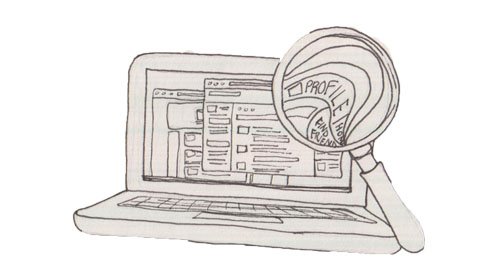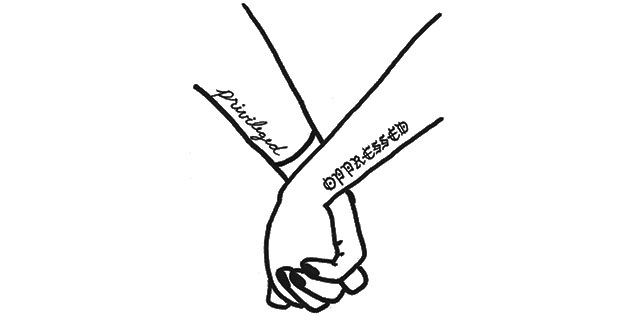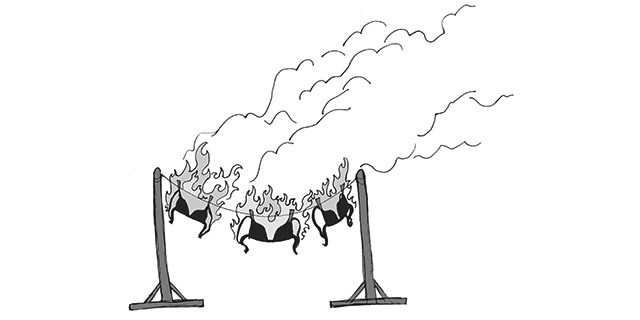
The Glendale Unified School District has recently begun utilizing the services of a company called Geo Listening in order to monitor the social networking profiles of its students. When a student posts something online about bullying, alcohol, and/or drugs, Geo Listening contacts the Glendale School District, and the student is called into the administration’s office.
The program was first introduced to the district after a 15-year-old student committed suicide by jumping off a building at Crescenta Valley High School; the parents sued the school district for turning a “blind eye” to their child’s bullying problems. Now the Glendale Unified School District pays $40,500 a year in order to monitor 13,000 students, according to the “Glendale News Press.”
Richard Sheehan, the superintendent of the Glendale Unified School District, talked to CBS Los Angeles about the new service and explained the reasoning behind it. The monitoring is for the safety of the children, he claims, not the invasion of their privacy.
“The whole purpose is student safety. Basically it just monitors for keywords,” Sheehan said.
Mara Abera ’14 said that monitoring the social networking activity of a student with evidence of harmful thoughts or harmful tendencies is acceptable, but to simply watch everyone is wrong.
“I think monitoring a child’s social networking…is invasive and unnecessary because it has nothing to do with their…education per se…but monitoring just to monitor is an invasion of privacy,” Abera said.
Abera and Taylor Brown ’14 say that surveillance of students’ online activity is not necessarily all bad, but they did not agree that it should receive district funding. They thought the money could be better used on textbooks and other necessities.
History and Social Sciences instructor Michael Rindge said that he believes that while surveillance of students is an invasion of privacy, sometimes privacy needs to be invaded. In terms of whether or not the program violates constitutional law, Ringe said that he didn’t think students would have a strong case against it.
“If it gets into bullying or issues of concern or things that are against school policy, I think there are ways the school can argue that they have the right to pursue that, much like they would with reasonable suspicion look into a student’s locker or backpack if they think that there’s something harmful,” Rindge said.
Director of Administrative and Academic Technology, Stuart Posin, said that Marlborough has access to anything that goes through a School wireless network, but with the right privacy settings on their social networking, students can avoid outside monitoring.
Since its instatement, the Geo Listening service has been used to intervene in a potential suicide case, and most Glendale students don’t seem opposed to being monitored. Felicia Johnson, a student in the district, talked to CBS Los Angeles and said that she didn’t mind the new service. “If there was a red flag, if [a student] were talking about stress at school or [that] he can’t take it anymore, if I won’t be able to deal with it, I would want somebody to come in,” Johnson said.




